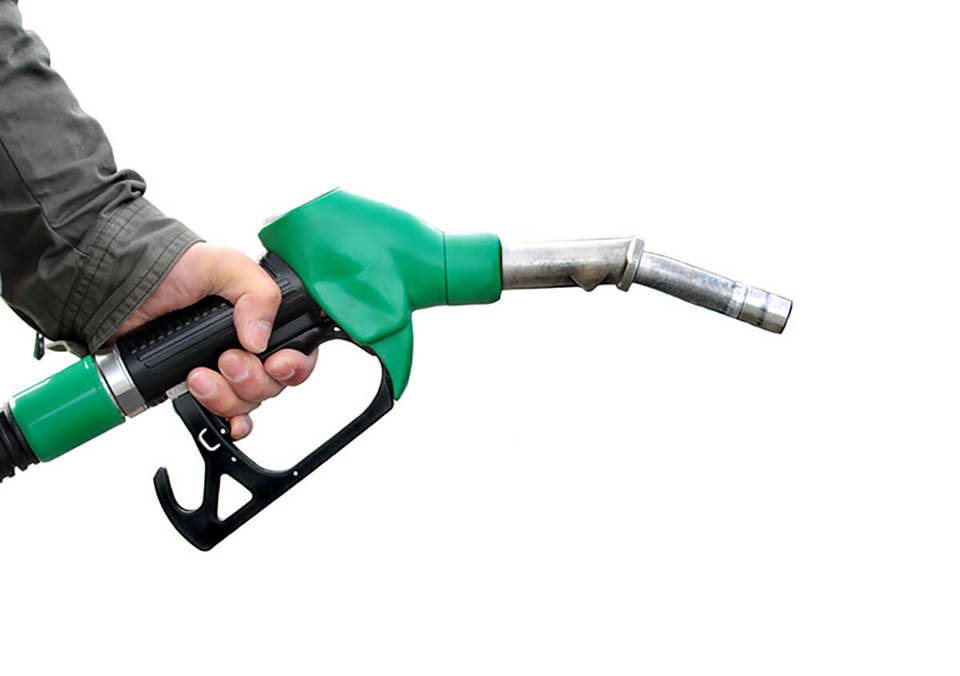Worldwide, fuel economy is not improving fast enough with the global vehicle fleet falling behind targets to cut average fuel use by 50% for all new cars by 2030, according to a new report issued by the Global Fuel Economy Initiative (GFEI).
New data analysis published for the GFEI shows that the global average for light duty vehicle fuel economy is currently 7.2 l/100km (32 mpg). This represents an improvement of 1.8% per year from 2005 when the average was 8.0 l/100km.
However, this rate of improvement is far below that needed to reach the GFEI target of a 4l/100km or 60 mpg global average by 2030 for new cars. In order to reach this level, average fuel economy now needs to improve globally by 3% per year.
Reaching this level is ambitious but achievable as for example the enacted fuel economy standards around the world require annual improvements of up to 4.7%.
The report International comparison of light-duty vehicle fuel economy, was published for the GFEI by the International Energy Agency (IEA) which is a partner in the initiative. The other GFEI partners are the UN Environment Programme, the International Transport Forum, the International Council on Clean Transportation and the Institute of Transportation Studies at UC Davis and the FIA Foundation an independent charity.
Of particular concern for the GFEI is a lack of progress among non-OECD countries. As these emerging markets are now growing much faster than their OECD counterparts the priority should be placed in helping these countries to develop and deploy more stringent fuel economy policies, the report recommends.
The report acknowledges the huge progress made in recent years regarding the interest, development and deployment of fuel economy policies and related vehicle technologies. This trend nevertheless needs to be sustained and accelerated in the near future, the report warns.
Sheila Watson, executive secretary of the GFEI said: “Globally, progress is being made on fuel economy but we now need to see an acceleration in the rate of improvement. Much more attention needs to be paid to emerging, non-OECD economies where the vehicle markets are now undergoing rapid growth. The technical capabilities to reach the target already exist, but policies are now urgently needed to provide sufficient inceptives to drive fuel economy improvements worldwide.”

















Login to comment
Comments
No comments have been made yet.